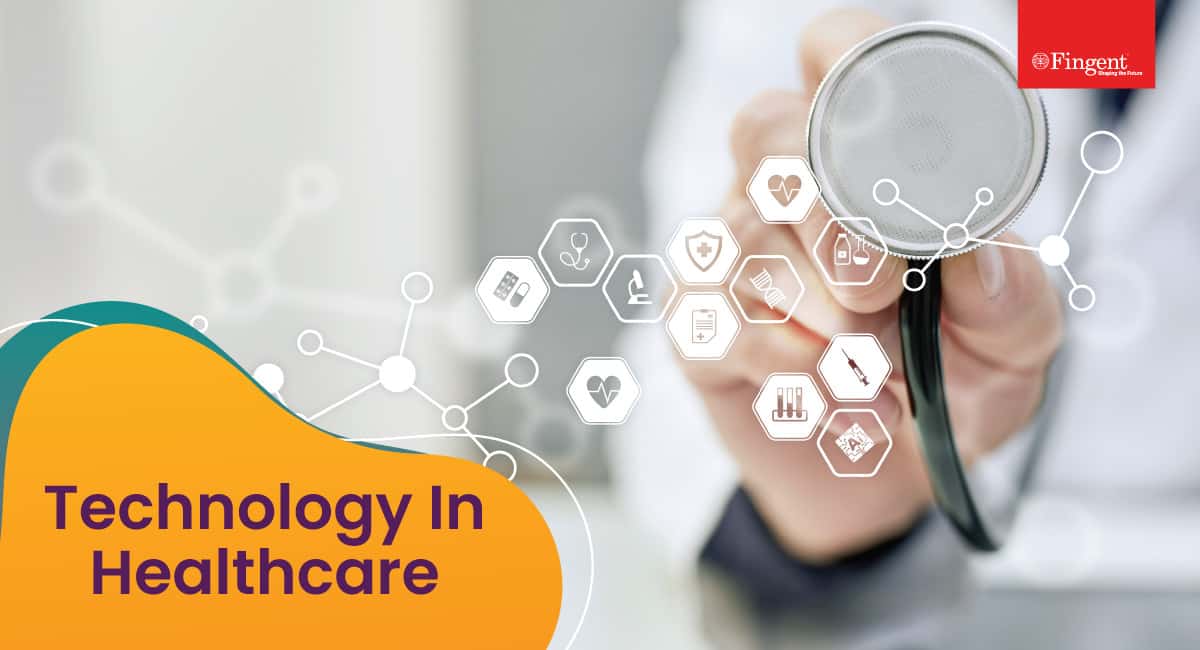Technology Contribute to Healthcare

Technology contributes to healthcare in numerous ways, revolutionizing the delivery, diagnosis, treatment, and management of medical conditions. Here are some key ways technology impacts healthcare:
Medical Imaging: Technology enables advanced medical imaging techniques such as X-rays, CT scans, MRI scans, ultrasound, and PET scans. These imaging technologies provide detailed images of internal organs, tissues, and structures, aiding in the diagnosis and monitoring of medical conditions.
Telemedicine: Telemedicine uses technology to deliver remote healthcare services, consultations, and monitoring to patients. Video conferencing, remote monitoring devices, and mobile health apps enable patients to consult with healthcare providers, receive medical advice, and manage chronic conditions from the comfort of their homes, improving access to healthcare and reducing the need for in-person visits.
Electronic Health Records (EHRs): Technology facilitates the adoption of electronic health records (EHRs) to digitize patient medical records, prescriptions, and clinical documentation. EHR systems improve efficiency, accuracy, and accessibility of patient information, enabling healthcare providers to make informed decisions, coordinate care, and improve patient outcomes.
Health Information Technology: Health information technology (HIT) encompasses a wide range of technologies, including health information systems, medical devices, wearable sensors, and health monitoring apps. These technologies enable remote patient monitoring, personalized health tracking, and real-time data collection, empowering patients to take control of their health and well-being.
Precision Medicine: Technology enables precision medicine approaches that tailor medical treatments and interventions to individual patient characteristics, such as genetic makeup, lifestyle factors, and biomarkers. Advances in genomics, proteomics, and bioinformatics facilitate personalized diagnosis, treatment selection, and disease management, leading to more effective and targeted therapies.
Robotics and Minimally Invasive Surgery: Technology facilitates robotic-assisted surgery and minimally invasive procedures that offer precision, dexterity, and reduced recovery times compared to traditional surgical techniques. Robotic surgical systems enhance surgeon capabilities and patient outcomes in various surgical specialties, including urology, gynecology, and orthopedics.
Healthcare Analytics and AI: Technology enables the analysis of large volumes of healthcare data using artificial intelligence (AI) and machine learning algorithms. Healthcare analytics platforms can identify patterns, trends, and insights from electronic health records, medical imaging, and clinical data, supporting clinical decision-making, predictive modeling, and population health management.
Remote Monitoring and Wearable Devices: Technology facilitates remote monitoring of patient health metrics and vital signs using wearable devices, sensors, and mobile health apps. These remote monitoring technologies enable early detection of health issues, adherence to treatment plans, and continuous monitoring of chronic conditions, improving patient outcomes and reducing healthcare costs.
Drug Discovery and Development: Technology accelerates drug discovery and development processes through computational modeling, high-throughput screening, and bioinformatics. Advances in pharmaceutical technology, such as drug delivery systems, nanomedicine, and personalized therapies, improve drug efficacy, safety, and patient compliance, leading to innovative treatments for various medical conditions.
Public Health Surveillance and Disease Control: Technology enhances public health surveillance and disease control efforts through digital disease tracking, epidemiological modeling, and predictive analytics. Health informatics systems enable early detection of disease outbreaks, monitoring of infectious diseases, and implementation of targeted interventions to prevent and control the spread of infectious diseases.
Overall, technology plays a transformative role in healthcare, empowering patients, enhancing clinical care delivery, and driving innovation across the healthcare continuum. Embracing technological advancements and digital health solutions is essential for improving healthcare access, quality, and outcomes in the digital age.
Thank you,